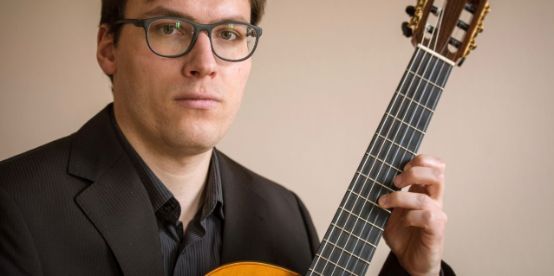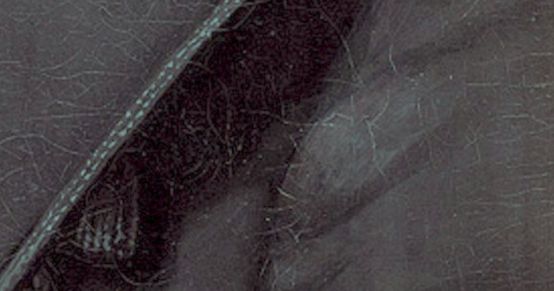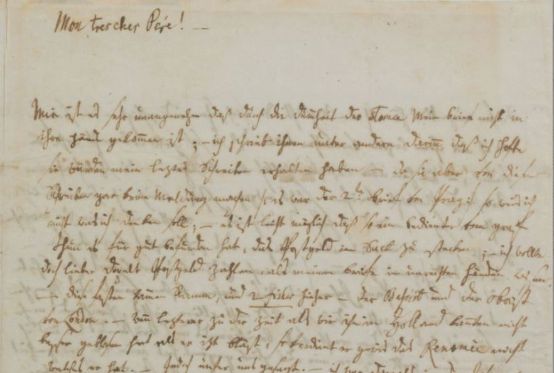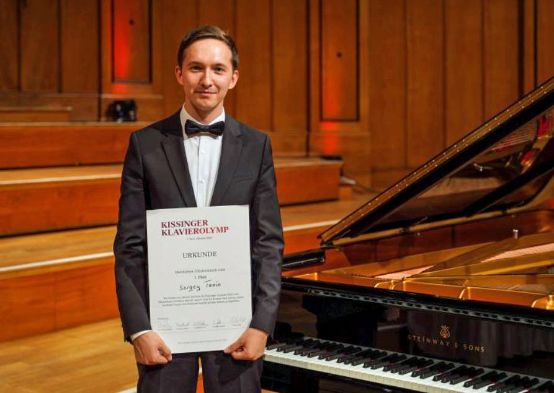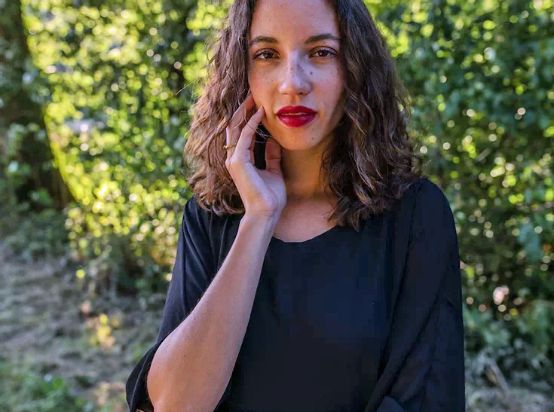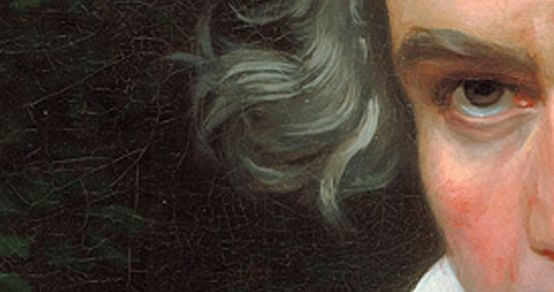Organ in the concert hall - yes!
The new Metzler organ in the music hall of Basel's Stadtcasino has passed the stress test of public use with flying colors.
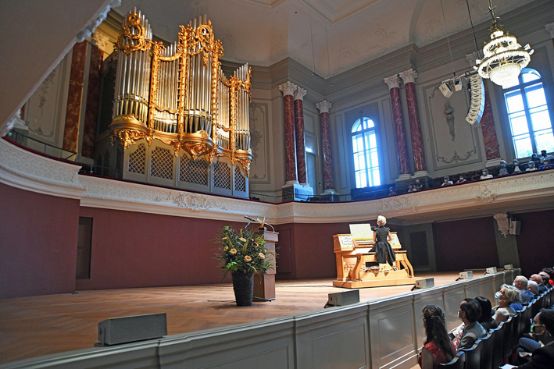
The instrument was presented in various event formats over the two three days of the first organ festival at the Casino. On the occasion of the new buildings in Basel's Musiksaal and Zurich's Tonhalle, much thought was given to the requirements of a concert hall organ: dynamic flexibility and a room-filling overall effect are required here. The need for a differentiated palette of stops in the normal register (eight-foot register) and a seamless structure from the quietest individual stop to the combination of almost all stops led to borrowings from English, French and German organ building of the late 19th century. With a cool-sounding neoclassical organ, as was previously present in the Casino, or with a row of heterogeneous solo effects, as was recently removed from the Tonhalle, the literature composed for the concert hall and the diverse accompanying tasks can hardly be met.
Performed solo, with orchestra and by young musicians
The organ, built by Orgelbau Metzler in collaboration with the Basel-based company Klahre, was presented for the first time on 4 September with a stringent program sequence: The still rather conventional sound mixtures in the program by Iveta Apkalna (Hamburg) - works by Widor, Bach and Kalniņš (the latter pathetic High Romanticism from the organist's Latvian homeland) - were followed by a selection of unusual effects in subtle improvisations by Vincent Dubois (Paris) and the rich, opulent euphony of an English hall organ in the contributions by Thomas Trotter (London, Birmingham). One of the innovative features of the Basel instrument is the so-called wind-dynamic work, which allows flexible access to the response, intensity and sound of some stops.
September 5 was organized as an organ day with contributions from Basel organists. A large number of arrangements (mainly of orchestral works from the 18th and 19th centuries) could be heard, as well as improvisations and new music. As with many church music events in recent times, an attempt was made to largely hide the traditional Sunday church face of the organ - this led to the new instrument sounding most like "church" in the contribution with music by Jewish composers of all things.
The third day of the festival began with a varied family afternoon: an organ fairy tale was followed by a presentation for children, in which brave participants were allowed to play the keys themselves, and the prizewinners' concert of the "Organ Compositions for Children" competition, which was organized by the "Children to the Organ" association and the Basel Music Academy. The varied series of new pieces was masterfully presented by youngsters aged 8 to 15.
The concert of the Basel Symphony Orchestra in the evening began without an orchestra: Martin Sander (Basel, Detmold) played an arrangement of the overture to the Flying Dutchman; his virtuoso act in front of the still empty chairs of the podium aroused admiration, but also led to the ironic observation that a truly "Corona-suitable" version of the orchestral work had been found here. This was followed by the world premiere of the palatable Concerto da Requiem by Guillaume Connesson, in which the sounds of the organ are cleverly interwoven with those of the orchestra, and finally the popular Organ symphony by Camille Saint-Saëns. Ivor Bolton conducted the committed and sophisticated orchestra. In a welcoming address, orchestra director Franziskus Theurillat assured the audience that the future use of the organ was also a concern of the orchestra. This made people sit up and take notice of the situation in some other cities, where valuable concert hall organs are available but rarely heard. Honors were integrated into the concerts on the first and third days of the festival: A prize from the European Cultural Foundation Pro Europa went to Jacqueline Albrecht (for her magnificent efforts in raising the sum needed to build the organ) and to the architects Jacques Herzog and Pierre de Meuron. However, the sequence of the introduction, laudation, award presentation and speech by the newly honored led to unexpected lengths.
Multicolored sounds, registers to be drawn with care
After twelve days of waiting, the festival continued with three more musical events: On September 18, the Basel Chamber Orchestra, conducted by Pierre Bleuse, performed music from France with a joyful and loving sound. For the organ concerto by Francis Poulenc, soloist Olivier Latry found a superior sound direction free of all routine, which avoided unnecessary sharpness and showed the colorful organ from its best side. The concert evening Organ meets tango, jazz and Balkan music brought together three ensembles, which are at home in the aforementioned styles using the organ, and three dance formations. The performances were met with great enthusiasm and also confirmed the versatility of the organ. The final concert was to bring together over 200 singers from seven choirs. For reasons best known to all, singing in this large formation had to be postponed until 2021. The evening was now organized by the Basler Madrigalisten under the direction of Raphael Immoos together with the organists Babette Mondry and Iveta Apkalna. This also allowed for a program rich in contrasts - from Louis Vierne's Carillon de Westminster and the affirmative Hymn for solo organ from Peteris Vasks to the witty Cantata Rejoice in the Lamb by Benjamin Britten, in which, to the surprise of the audience, a selection of members of the other scheduled choirs could also be heard briefly.
Basel now has an organ that can meet the specific requirements of a concert hall in a colorful and inspiring way. However, this organ requires thoughtful use. The unquestioning adoption of inherited "recipes" for the selection of stops can lead to unfavorable sharpness. The Tuba stop on high wind pressure imported from England is an impressive special sound effect for coronations or papal visits - occasions that are rare in the Casino. Its use for any FCB championship celebrations could be considered. However, it should be clear that this solo register should not be mixed into the organ's tutti. And even when using the neo-baroque mixture of the organ's Hauptwerk, great caution is recommended - as with thousands of other organs in the country.









